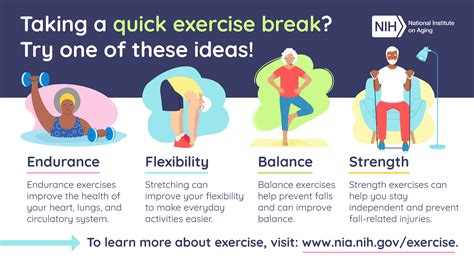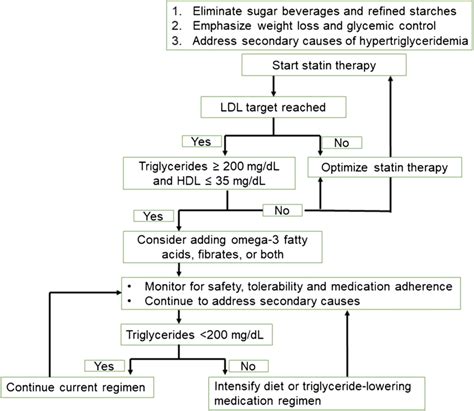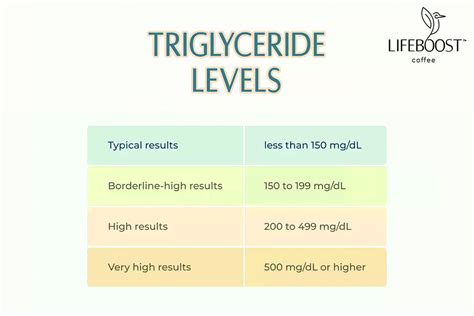Intro
Lower triglycerides naturally with diet, exercise, and supplements, reducing risk of heart disease and improving overall health through lifestyle changes and natural remedies.
Reducing high triglycerides is crucial for maintaining a healthy heart and preventing cardiovascular diseases. Triglycerides are a type of fat found in the blood, and elevated levels can increase the risk of heart attacks, strokes, and other cardiovascular conditions. Fortunately, there are several natural ways to reduce high triglycerides, and making lifestyle changes can have a significant impact on improving overall health.
High triglycerides can be caused by a combination of genetic and lifestyle factors, including a diet high in saturated and trans fats, lack of physical activity, smoking, and excessive alcohol consumption. Additionally, certain medical conditions, such as diabetes, hypothyroidism, and kidney disease, can also contribute to elevated triglyceride levels. By understanding the causes of high triglycerides, individuals can take proactive steps to reduce their levels and improve their overall health.
Reducing high triglycerides naturally requires a comprehensive approach that incorporates dietary changes, increased physical activity, and stress management. By making simple yet effective lifestyle changes, individuals can significantly lower their triglyceride levels and reduce their risk of cardiovascular disease. With the right combination of diet, exercise, and stress management, it is possible to maintain healthy triglyceride levels and enjoy overall wellness.
Understanding Triglycerides

Causes of High Triglycerides
There are several causes of high triglycerides, including: * A diet high in saturated and trans fats * Lack of physical activity * Smoking * Excessive alcohol consumption * Certain medical conditions, such as diabetes, hypothyroidism, and kidney disease * Genetic predisposition By identifying the underlying causes of high triglycerides, individuals can develop targeted strategies to reduce their levels and improve their overall health.Dietary Changes to Reduce Triglycerides

Benefits of a Healthy Diet
A healthy diet can have numerous benefits for reducing high triglycerides, including: * Lowering triglyceride levels * Improving blood lipid profiles * Reducing blood pressure * Improving insulin sensitivity * Promoting weight loss By making simple yet effective dietary changes, individuals can significantly reduce their triglyceride levels and improve their overall health.Exercise and Physical Activity

Benefits of Regular Exercise
Regular exercise can have numerous benefits for reducing high triglycerides, including: * Lowering triglyceride levels * Improving blood lipid profiles * Reducing blood pressure * Improving insulin sensitivity * Promoting weight loss By incorporating regular exercise into their lifestyle, individuals can significantly reduce their triglyceride levels and improve their overall health.Stress Management and Triglycerides

Benefits of Stress Management
Effective stress management can have numerous benefits for reducing high triglycerides, including: * Lowering triglyceride levels * Improving blood lipid profiles * Reducing blood pressure * Improving insulin sensitivity * Promoting overall wellness By incorporating stress management techniques into their lifestyle, individuals can significantly reduce their triglyceride levels and improve their overall health.Supplements and Triglycerides

Benefits of Supplements
Supplements can have numerous benefits for reducing high triglycerides, including: * Lowering triglyceride levels * Improving blood lipid profiles * Reducing inflammation * Improving insulin sensitivity * Promoting overall wellness By incorporating supplements into their lifestyle, individuals can significantly reduce their triglyceride levels and improve their overall health.Monitoring Triglyceride Levels

Importance of Monitoring
Monitoring triglyceride levels is crucial for: * Tracking progress * Identifying potential health risks * Adjusting treatment plans * Promoting overall wellness By regularly monitoring triglyceride levels, individuals can take proactive steps to reduce their levels and improve their overall health.What are the symptoms of high triglycerides?
+High triglycerides often do not have symptoms, but they can increase the risk of cardiovascular disease. If symptoms do occur, they may include fatigue, shortness of breath, and chest pain.
How can I lower my triglyceride levels naturally?
+To lower triglyceride levels naturally, make dietary changes, increase physical activity, and manage stress. A healthy diet that is low in saturated and trans fats and high in fiber, fruits, and vegetables can help lower triglyceride levels.
What are the risks of high triglycerides?
+High triglycerides can increase the risk of cardiovascular disease, including heart attacks, strokes, and peripheral artery disease. They can also increase the risk of pancreatitis and other health conditions.
In conclusion, reducing high triglycerides naturally requires a comprehensive approach that incorporates dietary changes, increased physical activity, and stress management. By making simple yet effective lifestyle changes, individuals can significantly lower their triglyceride levels and reduce their risk of cardiovascular disease. We encourage readers to share their experiences and tips for reducing high triglycerides in the comments section below. Additionally, we invite readers to share this article with friends and family who may be struggling with high triglycerides, and to take the first step towards a healthier lifestyle by making one small change today.
